Humans of Gaza: Yousef Dawas, a writer, photographer, storyteller
By Humaira Ahad
“Knock knock! Who’s there
Someone fair with curly hair…
Goals are waiting for me to achieve it over there
Psychoanalyst I want to be…
Apologies! Forgot my name
Yousef Dawas…”
In these words, Yousef Maher Dawas introduced himself on the website of “We Are Not Numbers” (WANN).
Dawas was one of the founding members of WANN, an initiative where “Palestinian youth tell their human stories behind the numbers in the news.”
A resident of north Gaza, Dawas was killed along with his family members when an Israeli airstrike hit his home on October 14 in Beit Lahia.
Dawas was studying psychology to become a psychoanalyst. In addition to attending university, the young Palestinian pursued his passion for writing and photography. He wrote in both Arabic and English.
“My family will replace the trees destroyed by Israeli missiles, but we cannot reclaim the years spent nurturing them,” Dawas wrote last January in an article titled, “Who will pay for the 20 years we lost?”
In the writing, Dawas narrated the story of a plunder committed in 2022 by the forces of the Israeli regime, destroying the orchards and burning the fruit trees that the family had been maintaining for generations.
As a youngster, Dawas had multiple interests. He loved to play the guitar for his friends. He was also involved in the production of videos. In one of the videos, Dawas expressed his extreme desire to visit all the cities of Palestine, “I just want to visit Palestine,” the young man said in the video.
The desire is common among Palestinians, and many like Dawas die carrying the wish to the grave.
Controlling movement is one of the most important tools being used by the settler colonial regime to enforce its occupation. Israel doesn’t allow Palestinians to travel between Gaza, the West Bank and East al-Quds.
The situation in the besieged strip is the worse where strict restrictions have been imposed by the occupying forces for the last 16 years to check the movement of Gaza’s residents. The severe restrictions even affect the movement of international human rights workers to travel to the coastal strip to document gross human rights violations committed by the illegitimate Zionist entity.
Dawas who had not seen the world outside Gaza used words to document his pain.
“I put my hands on my heart to catch it from falling, and I felt the three holes there in my heart.”
Dawas painfully recounted the destruction caused by Israel to his ancestral land.
“The orchard trees produced olives, oranges, clementines, loquats, guavas, lemons and pomegranates, and its loss “destroyed an important piece of our past. Our family’s history. Our heritage.”
Tala Albanna, a friend of Dawas regarded him as her therapist: “My beloved Yousef, Joe as he used to be named, or my therapist as I was accustomed to calling him … He was a great [support] to me besides a study partner during all exams period.”
“I want to talk about Yousef, I want hours to talk about him – even hours would not be enough … All the people who met him loved him! Because he was funny; he was a joyful guy … Yousef was one of the most sensitive, helpful and interesting guys I have ever met in my life,” Ahmed Dremly, a fellow writer at WANN, wrote in a eulogy to Dawas.
In his last article published in August last year, Dawas chronicled the beautiful love story of a young Palestinian couple. The young writer narrated the companionship shared by the husband and wife that stood the test of time when the wife suffering from a kidney ailment had to undergo severe hardships in the face of the medical blockade in Gaza.
The health services in the besieged strip have been in poor shape owing to the decades-long blockade imposed by the regime. Already in dilapidated condition, the health sector has been one of the major casualties in Israel’s latest aggression on Gaza which started on October 7 following Operation Al-Aqsa Storm by the Hamas-led resistance movements against the Israeli occupation.
As per a UN report released on Friday, Hospitals and other vital medical infrastructure in Gaza and the West Bank have been attacked almost 600 times since Israel started its latest war on the besieged strip.
“WHO’s online platform covering attacks on healthcare indicated 304 attacks in the Gaza Strip since 7 October. The attacks affected 94 healthcare facilities (including 26 hospitals damaged out of 36) and 79 ambulances,” the UN news website reported.
Condemning the continuing fighting and bombardment, WHO spokesperson Christian Lindmeier said that the “ongoing reduction of humanitarian space plus the continuing attacks on healthcare are pushing the people of Gaza to a breaking point.”
“Children in the Gaza Strip face a deadly triple threat to their lives, as cases of diseases rise, nutrition plummets and the escalation in hostilities approaches its fourteenth week,” the UN body noted.
VIDEO | Third round of Iran-US nuclear talks concludes in Geneva
Geneva talks: Iran signals firm resolve, rejects US pressure, proceeds with cautious optimism
Iran urges Afghanistan, Pakistan to hold dialogue amid new escalation
US will suffer ‘massive losses’ in case of new war: Iraq's Kata’ib Hezbollah
Normalization increases cost of defeating Israel, Yemeni leader warns
Activists announce 'Freedom and Sumud Flotilla' to challenge Gaza blockade
VIDEO | Rome residents demand end to ties with Israeli firms
VIDEO | Pakistan Senate condemns ‘hexagon of alliances’ as Indian PM visits Israel


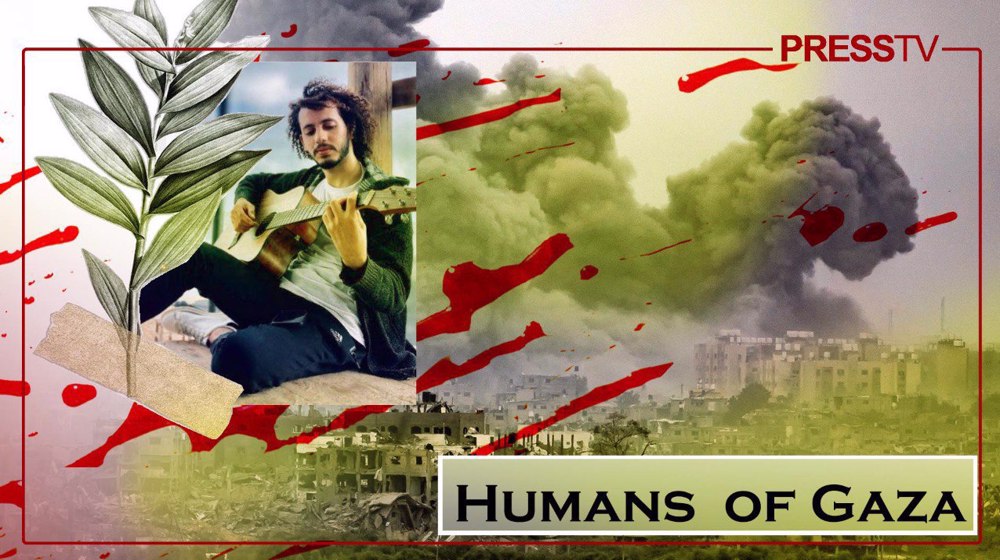
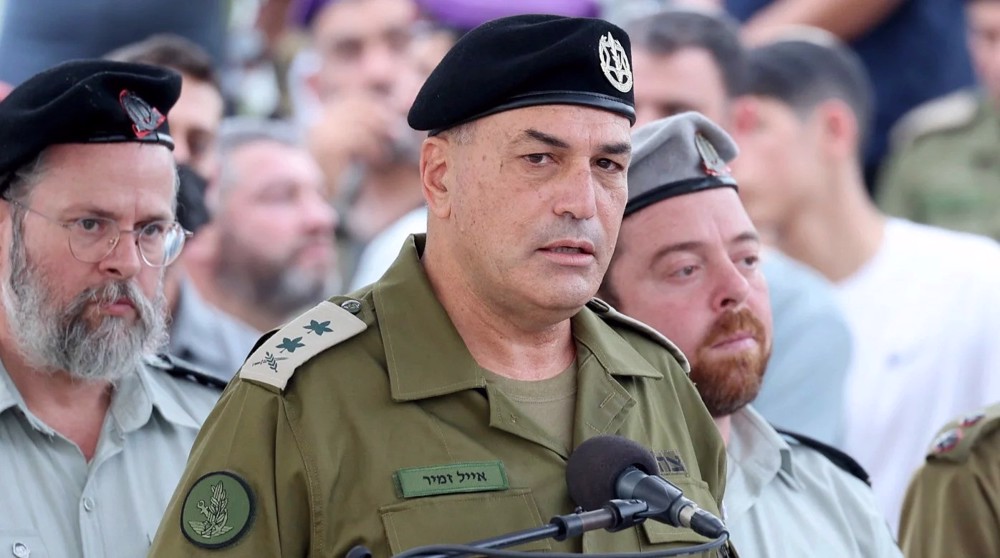
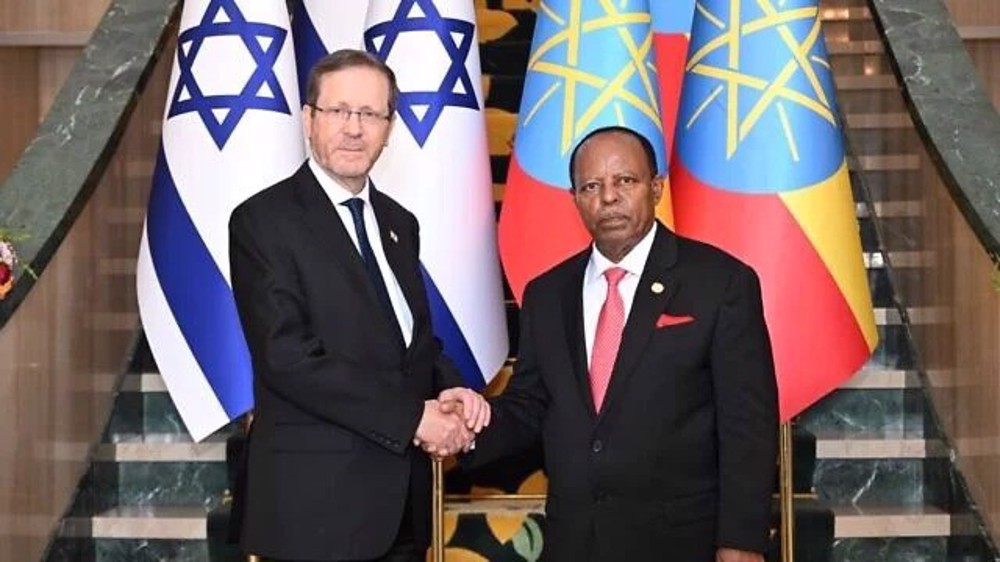
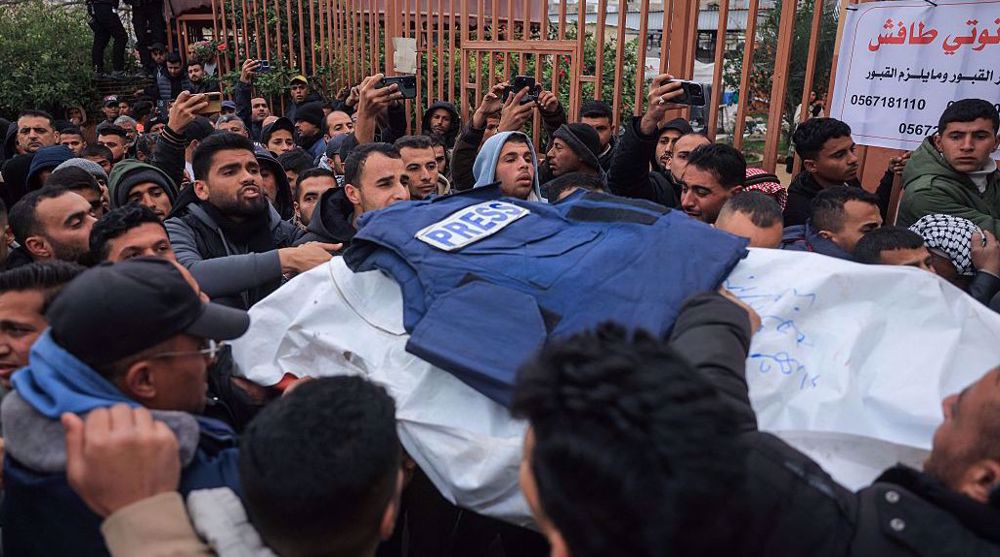



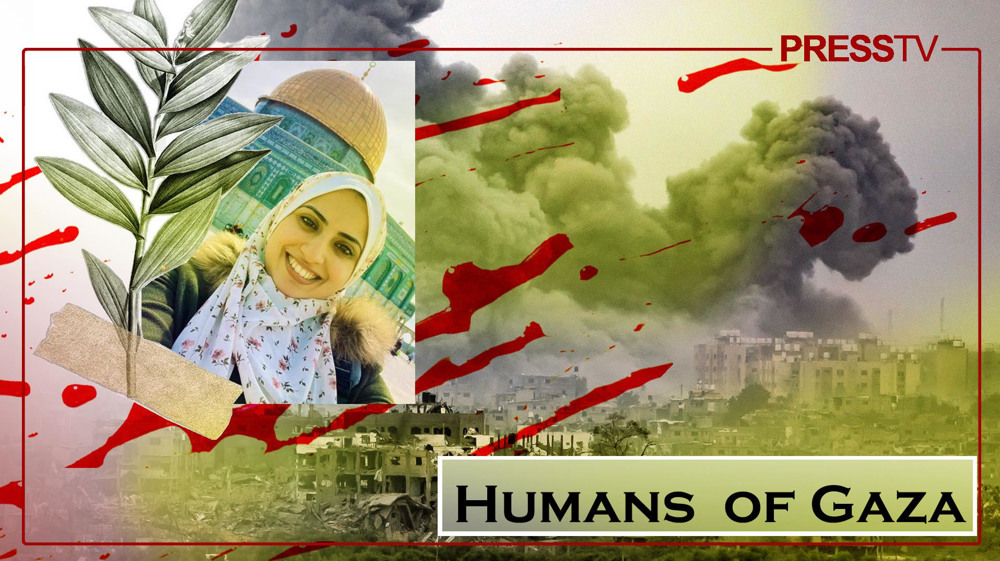
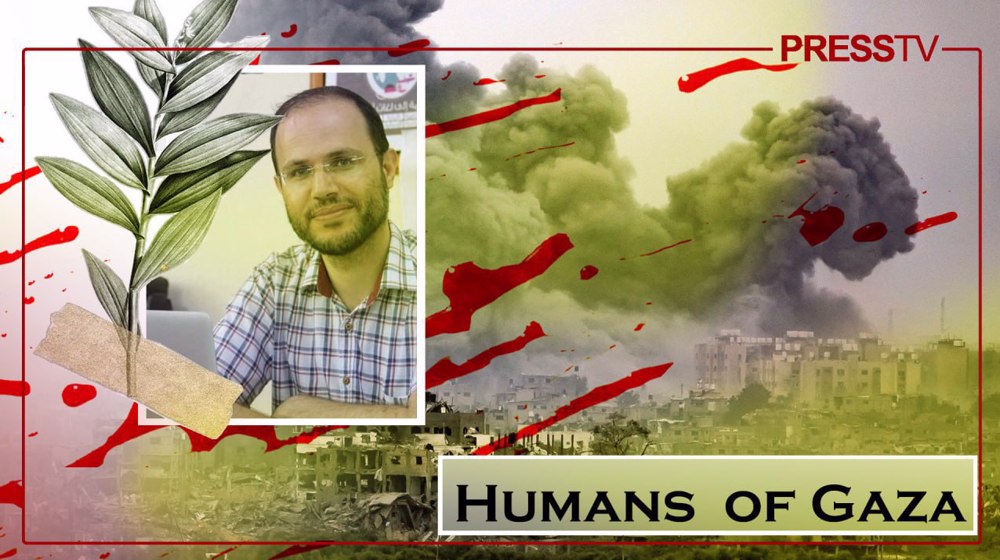
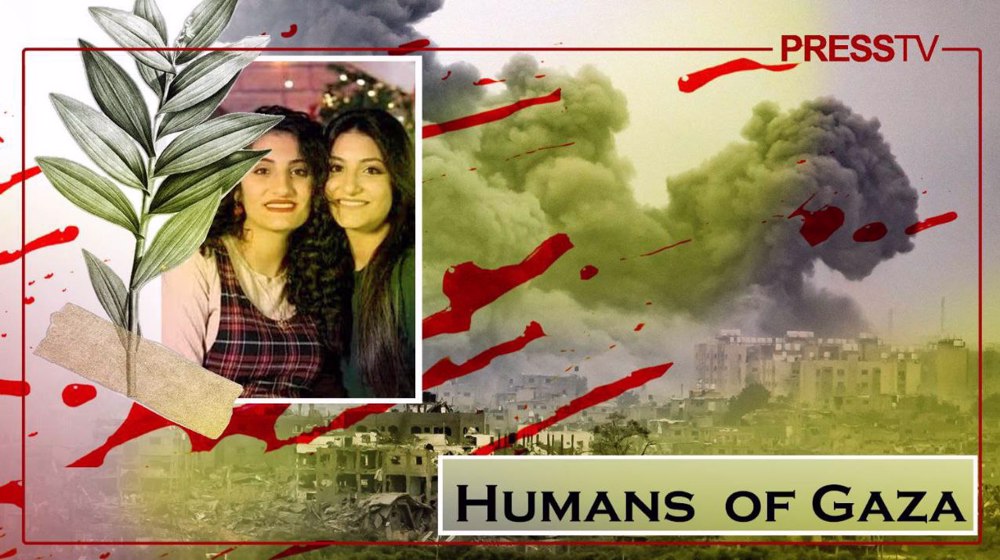
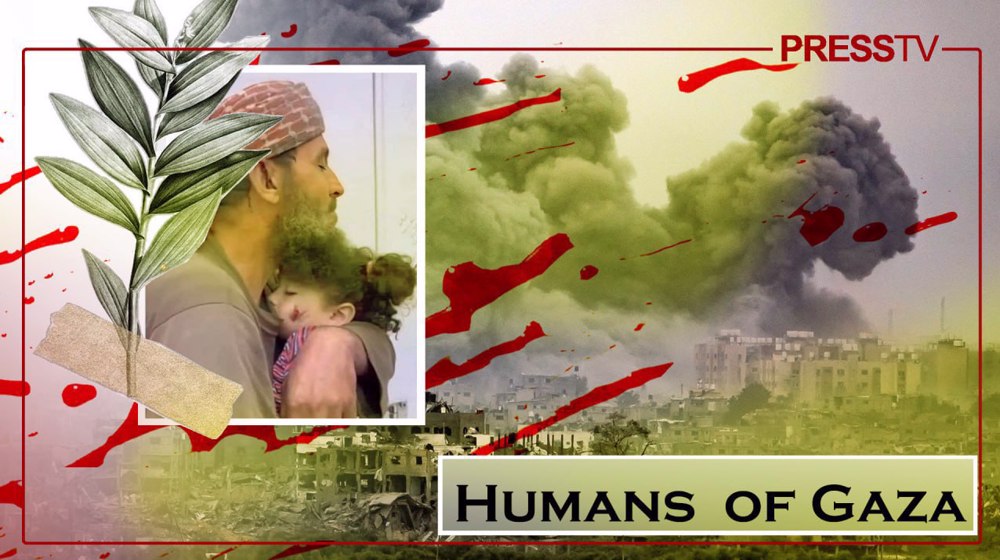
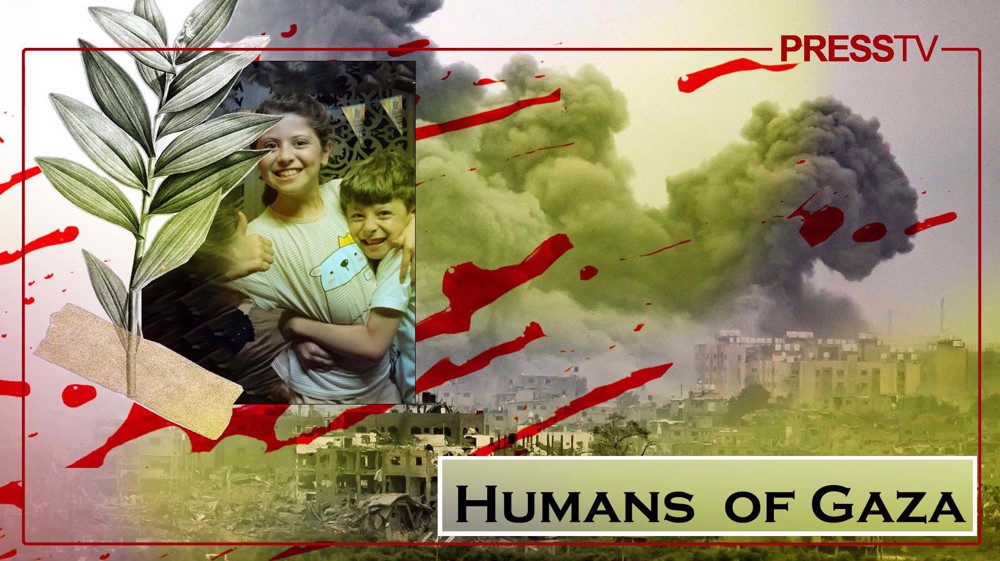

 This makes it easy to access the Press TV website
This makes it easy to access the Press TV website